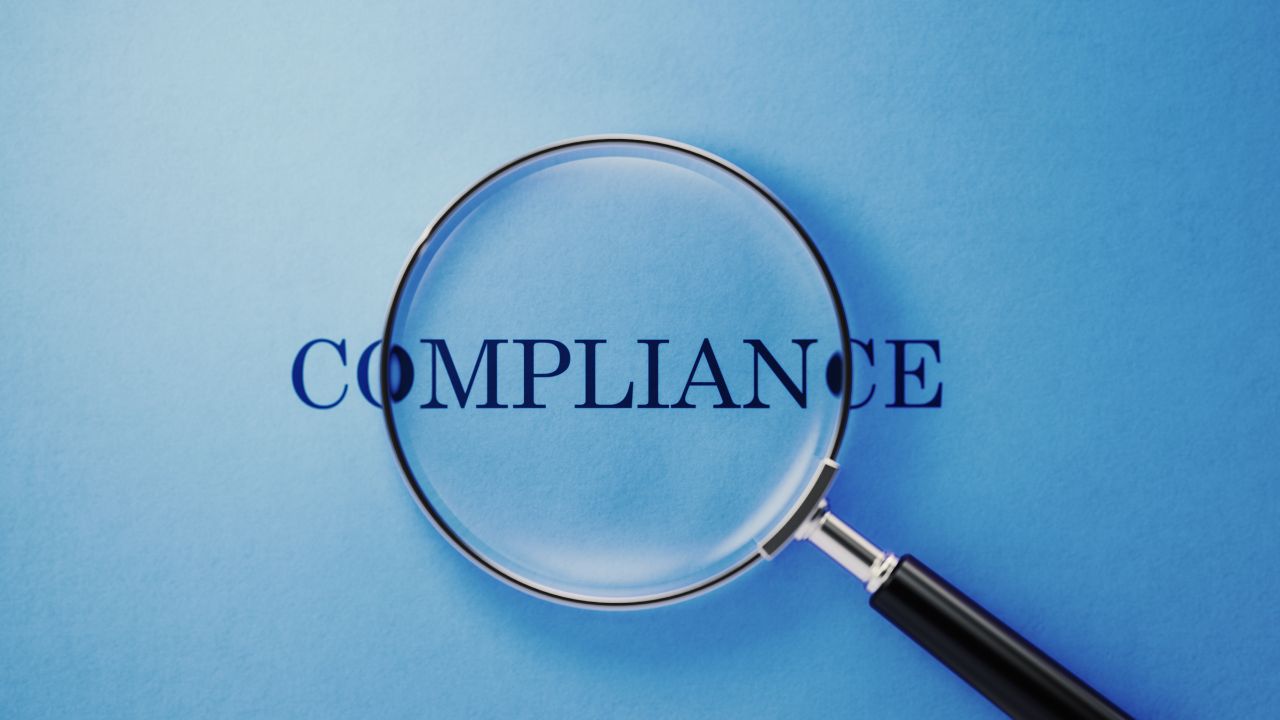As you start a company in Singapore, you will need to know that there are certain legal requirements you need to meet, and one of the most important is appointing a company secretary for your new Singapore company.
If you are wondering what a company secretary does and who you can appoint to be the secretary, read our guide on whether it is compulsory to appoint a company secretary.
In this guide, you will learn 1) what are the different approaches to appointing a company secretary and 2) where to find and how to choose the right company secretary.
Appointing A Company Sectary: Should I DIY, Hire In-House or Outsource?
This is one of the first major decisions a founder will make regarding the company secretary role. The choice between an in-house employee and an outsourced service provider comes down to a trade-off between control, cost, and expertise.
1) Hiring An In-House Secretary
Pros of hiring an in-house company secretary
- Deep understanding of your business and operations.
- Always available for immediate consultation.
- Confidential information stays fully within the company’s control.
Cons of hiring an in-house company secretary
- High cost: Annual salary typically ranges from SGD 60,000 to SGD 100,000, excluding benefits.
- Recruitment challenges: Finding the right candidate can be time-consuming.
- Risk of disruption: If the secretary leaves, the company may lose valuable institutional knowledge, creating a single point of failure.
2) Appointing An Internal Individual (DIY)
A company may choose to appoint an internal individual, such as a director (other than a sole director) or an employee, to take on the role of company secretary
Pros of appointing an internal company secretary
- Cost-saving: No need to engage an external corporate secretarial firm.
- Flexibility: A director (other than the sole director) or an employee can legally take on the role.
- Direct control: All statutory filings and compliance matters are handled in-house.
Cons of appointing an internal company secretary
- Risk of errors: Without the necessary knowledge and experience, compliance mistakes can lead to costly penalties.
- Time-consuming: Business owners or staff may need to spend significant time learning and managing complex regulations.
- Opportunity cost: Time and effort spent on filings could be better focused on growing the business.
3) Outsourcing To A Corporate Secretarial Firm
The most common and recommended approach for most companies, especially SMEs and startups, is to outsource this role to a professional corporate secretarial services firm.
Pros of engaging a corporate secretarial firm
- Cost-effective: Annual retainer fees for a full package typically range from just $300 to $1,500.
- Expertise: Access to the collective knowledge and experience of a team of compliance specialists.
- Scalable: Pay only for the services you need, with flexibility to add more as your company grows.
- Reliability: Eliminates the risk of relying on a single individual for compliance.
- Convenience: Reduces administrative burden and often comes bundled with additional services such as accounting and payroll.
Cons of engaging a corporate secretarial firm
- Less direct control compared to having an in-house employee.
- Outsourced secretaries serve multiple clients, which may mean less detailed familiarity with your company’s day-to-day operations.
4) Where To Look For The Right Corporate Secretary Services
Online Search & Reviews
A simple search for “corporate secretarial services Singapore” will yield numerous options. Scrutinize their websites, service offerings, and, most importantly, client testimonials and independent reviews.
Professional Referrals
Ask for recommendations from your accountant, lawyer, or other entrepreneurs in your network. They often have firsthand experience with reputable corporate services provider (CSP). Looking for a recommendation? Get in touch with us. We can connect you with corporate secretary firms that we trust.
Law or Accounting Firms
Many law firms and accounting firms in Singapore have a dedicated corporate secretarial services arm. If you already have a relationship with one of these firms for other services (e.g., legal advice, auditing), it can be convenient to use them for your secretarial needs as well.
5) What To Look For In A Corporate Secretary Firm
When evaluating potential firms, use this checklist to guide your due diligence:
i. Credentials & Experience
Is the firm a registered filing agent with ACRA? Are their staff members of professional bodies like CSIS? Do they have proven experience with companies in your industry or at your growth stage?
Choose a firm with a solid track record and a good reputation for reliability. Ensure they have a deep understanding of the Singapore Companies Act and can provide sound advice on corporate governance matters.
ii. Scope of Services
What exactly is included in the annual retainer fee? Common inclusions are the provision of a named secretary, AGM preparation, and Annual Return filing. What services are considered “add-ons” that will incur extra charges (e.g., share transfers, resolutions for non-routine matters)?
Many firms offer different tiers of service, so make sure you understand what you are paying for.
iii. Pricing & Transparency
Is the fee structure clear and upfront? Are government fees (like the S$60 ACRA filing fee) included or billed separately? Are there any hidden setup, termination, or “disbursement” costs?
Compare the fees and check if there are any hidden or ad-hoc charges. See if you can get a complete fee schedule that clearly distinguishes between the annual retainer and all potential ad-hoc services
iv. Communication & Responsiveness
Do they assign a dedicated account manager? What are their guaranteed response times? What channels do they use for communication (email, phone, portal)?
A good company secretary is responsive and proactive in reminding you of upcoming deadlines.
v. Technology & Security
Do they offer a secure, cloud-based portal where you can access your company’s statutory records and documents 24/7? How do they ensure the confidentiality of your sensitive data?
Some firms offer online platforms or apps for managing documents, tracking deadlines, and communicating with your secretary. This can make the process much more efficient
6) Understanding The Corporate Secretary Service Packages
The outsourced company secretary services market is competitive, which has led to transparent, package-based pricing. However, it’s vital to read the fine print.
i. The Annual Retainer
Most firms operate on a flat annual fee. A basic package typically covers the essentials: provision of a named secretary, preparation of standard AGM documents, and the filing of the Annual Return (often including the S$60 ACRA fee).
ii. The ‘A La Carte’ Menu (Ad-Hoc Fees)
This is where you need to pay close attention. Services that fall outside the standard retainer are billed on a pay-per-use basis.
Common examples include share allotments during fundraising, changes to company directors, drafting non-standard resolutions, or company strike-off procedures. A low retainer fee can be misleading if the ad-hoc charges are high, so always ask for the full price list.
iii. Tiered Plans
Some modern providers offer different pricing tiers based on factors like the number of shareholders or employees. This allows you to select a plan that matches your company’s current complexity and avoid paying for services you don’t need.
Conclusion
While choosing a company secretary may seem like a simple compliance task, it is one of the first and most important steps you will take in running a company.
The role is a legal necessity, its strategic value is immense, and for most new businesses, outsourcing to a professional firm is the clear and logical choice.








